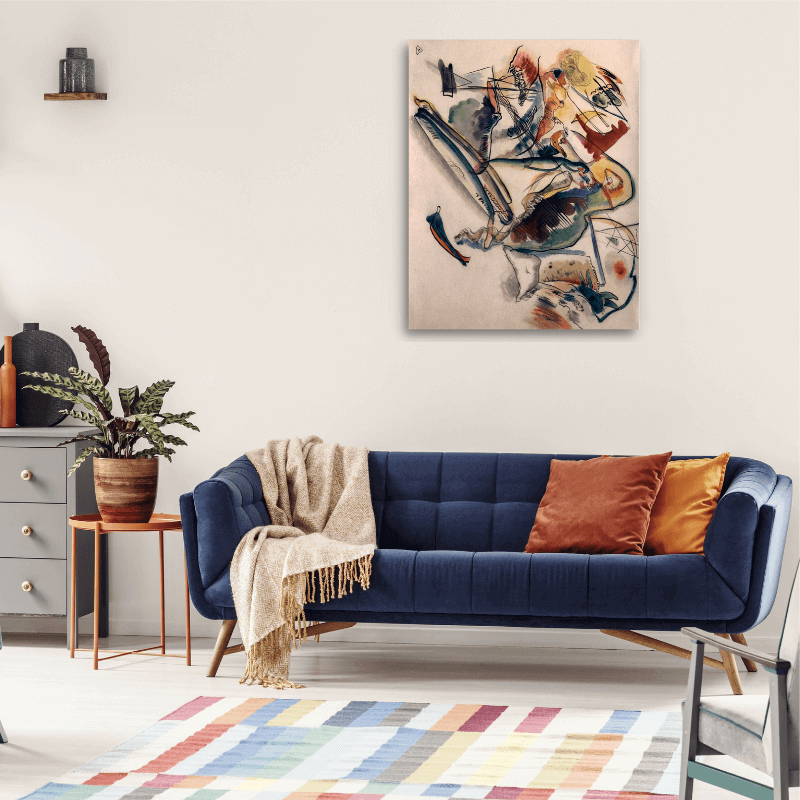Who is Gustav Klimt
From a restful landscape to the confusing features of a female face, Gustav Klimt's artistic life is far from a peaceful stroll. Immerse yourself in the ever-evolving movement of the art of Symbolism from a mysterious genius to extraordinary posthumous success.
AUCTION AND GOLD
When Gustav Klimt last closed his eyes in 1918 in Vienna with pneumonia, no one suspected that nearly a century later he would be among the most sidelined artists of symbolism in the demanding and volatile market. World of Art. At the start of the 2000s, several of his paintings, from his golden period, were auctioned off at prices flirting with the exorbitant.
DECORATOR WITH A SOLID REPUTATION
In the Klimt family, when the father has a job, we live in small apartments, when he loses his job, we have to move to shabby slums on the outskirts of Vienna. The second of a family of seven children, Gustav was born in 1862 in Baumgarten in this popular atmosphere. Attracted very early on by the artistic milieu, this gifted student took courses at the University of Decorative Arts in Vienna under the guidance of Ferdinand de Laufberger. In 1879, he began a career as a decorator in a team with his brother Ernst (1864-1892) and Hans Makart (1840-1884). Under the banner of the Compagnie des Artistes, the trio honors numerous commissions, ranging from frescoes to allegories and emblems in the pure neoclassical academic style. While Hans Makart died in 1884 and left the trio orphaned, it was the death of Ernst in 1892, combined with that of the father, which announced for Gustav his break with academicism and the entry into a new era.
KLIMT AND THE SYMBOLISM
Decorated in 1888 with the Golden Cross for artistic merit from the hands of Emperor Franz Joseph I, Gustav Klimt embarked on his first personal commissions with a little background. Tired of academic models, he was inspired by Japanese prints and symbolism to create majestic but much disparaged decorations. For Klimt, the turn is in any case already well underway and he will formalize his total break with academicism by founding, in April 1897, with in particular Josef Olbrich, Koloman Moser, Josef Hoffman, Joseph Maria Olbrich Max de Kuzweil, Josef de Engelhart or Ernst Stöhr, the group of the Vienna Secession. Accompanied by the birth of the periodical review Ver Sacrum, this group produced many exhibitions that unleashed critics. The Pallas Athena painting is one of the most representative of this movement.
Gustav Klimt's masterpiece at the time is a series of three allegories painted on the ceiling of the University of Vienna and believed to illustrate Philosophy, Medicine and Jurisprudence (1900-1907). Commissioned before his change of course, Klimt then gives in symbolism, emaciated bodies or even eroticism, the opposite of what had been ordered. Far from convincing the critics despite a gold medal at the Universal Exhibition in Paris, these works trigger a real state affair dealt with in Parliament! Klimt will buy back his works, which will then be destroyed in 1945 by the Nazis. Chosen to illustrate a building imagined by Josef Hoffman in memory of Ludwig van Beethoven, Gustav Klimt then presents a masterful fresco of seven panels spread over 34 meters and weighing nearly 4 tons. Approved by the conductor Gustav Mahler, this fresco which represents for the artist the aspiration to happiness of a suffering humanity seeking its appeasement in Art, is once again decried by the critics. Little disturbed, Klimt embarked on a new turning point in his career: the Golden Cycle.
DECORATION THEN BODIES
Little inclined to travel, Gustav Klimt discovers Italy through Ravenna or even Venice. In the City of the Doges, he falls in awe of the ceilings of St. Mark's Basilica and their profusion of gold. He then embarked on his famous Golden Cycle, from which were born between 1902 and 1903 the Water Serpents, the portrait of Adèle Bloch-Bauer and Danaé, all marked by a sacred character representative of Byzantine icons. While he abandoned gold in 1908 at the same time as the Secession group, Gustav Klimt took refuge in his studio where he spent between 9 to 10 hours a day painting and drawing his favorite subject: women.

No one had ever seen Klimt paint, any intrusion into his studio was prohibited. In his obituary is even written: "Behind the wall that Klimt has erected around him, even his friends could hardly take a look". No artist of his time represents the female model better than him. Treated as a pornographer for his drawings with exacerbated and raw eroticism, he preferred to see a sacred and symbolic dimension. The only works still available on the Art market today, these drawings are now traded in tens of thousands of euros. If Gustav Klimt liked to draw them, he also had a full life at this level ... since he is the parent of fifteen children from many relationships. The only true love of his life will forever be Emilie Flöge, to whom he wrote up to eight times a day and of which he immortalized wearing it in 1902. Artist of genius and man of mystery, Gustav Klimt, the darling of Vienna , once had these words which perfectly sum up his life: "If one cannot by his actions and his art please everyone, we must choose to please the few. To please many is not a solution".
A COLLECTION TO HONOR GUSTAV KLIMT
This artist had unorthodox inspirations and painting techniques that allowed him to create unique paintings.
To this end, the works of this painter of Viennese symbolism is very well priced as shown by the sale of the portrait of Adele Bloch-Bauer to the tune of 135 million dollars. Apart from their exorbitant cost, the Gustav Klimt works have also inspired many painters.
We have attempted to bring together their achievements in our new collection designed to pay tribute to this exceptional artist.
In this collection, we offer you original works known as Romanelli Karine, Hayely Y and Fonteyne David. Among the works presented, you can appreciate the painting of 80 X 80 cm of Romanelli Karine entitled "The Meeting".
This work representative of the style of Gustav Klimt was made through the use of mixed media. This painting is realized on canvas of figurative style.
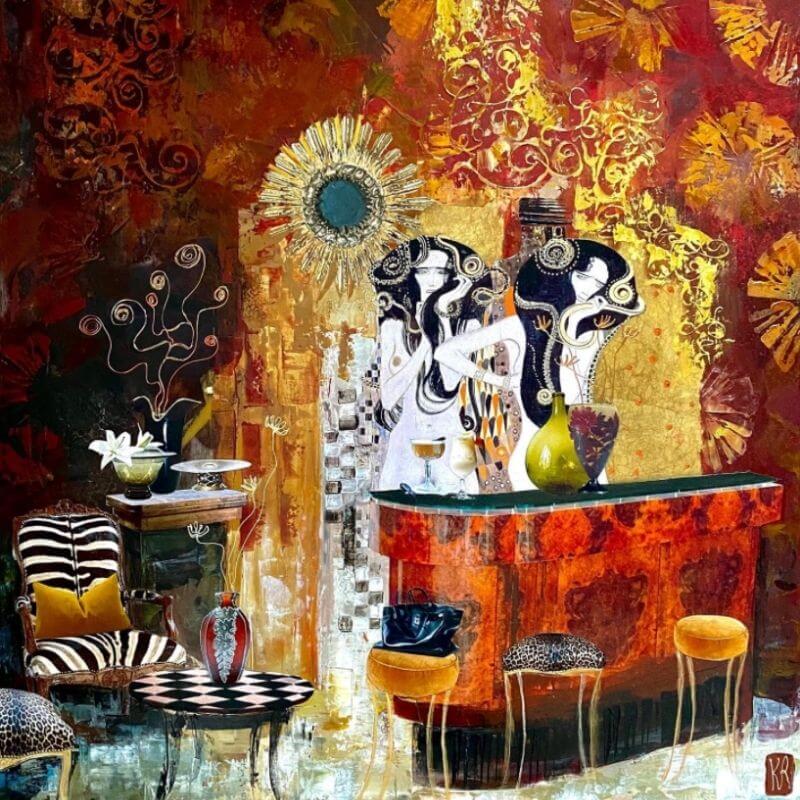
The simplicity of love" by Fonteyne David and "Ari" by Hayelyn Y are other paintings that you can discover in our collection. The first is a contemporary painting done on canvas in the Illustration style with the oil technique. This work is perfect for you if you want a large format painting of 80 x 80 cm. The second one is a 13 x 13 cm painting, ideal for a bedroom or a living room with a contemporary decoration.
WHY ACQUIRE THE PAINTINGS OF OUR NEW COLLECTION?
Passionate about art in all its forms, we present you with carefully selected works of art. Quality brushstrokes, originality and beauty are our watchwords when we present a new collection. So, you can be sure to find beautiful, and most importantly, unique paintings in our catalog.
Moreover, we collaborate with well-known and talented painters. Moreover, all the paintings we offer are original works. We deliver them with a certificate of authenticity to guarantee their origin and their uniqueness.
While waiting to discover our collection, inspired by Gustav Klimt, you can contact us to have more information on this subject. Among other things, our team remains at your disposal to explain the steps to acquire a painting.

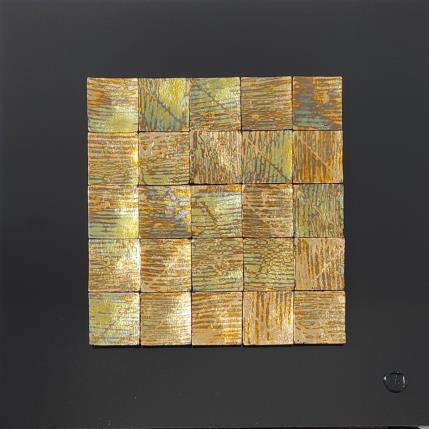

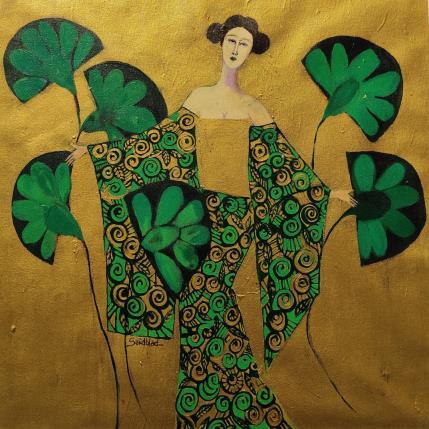
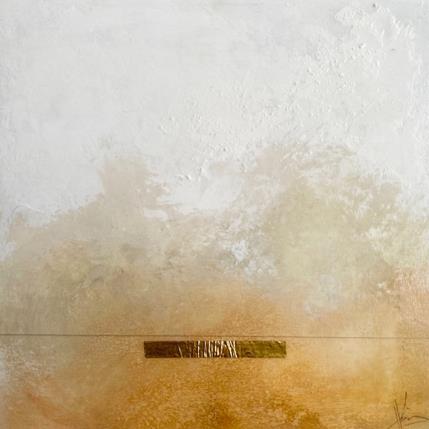
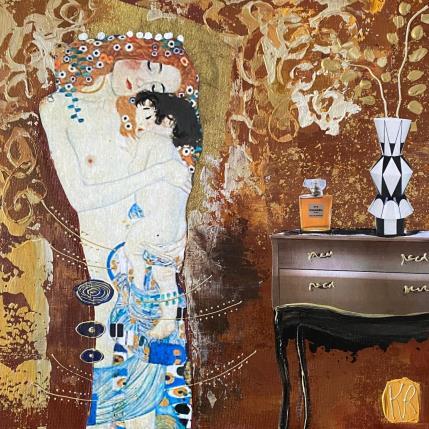

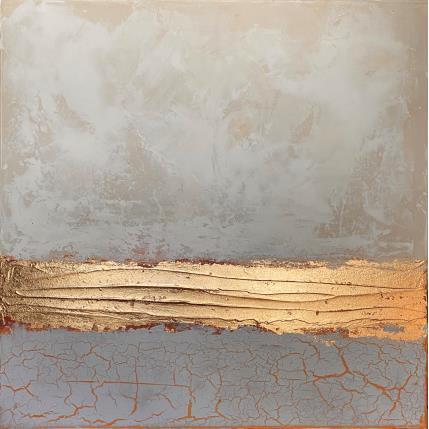
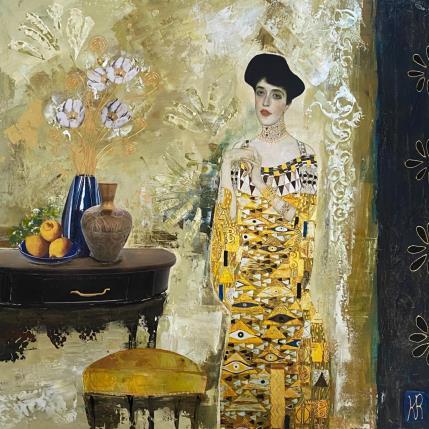
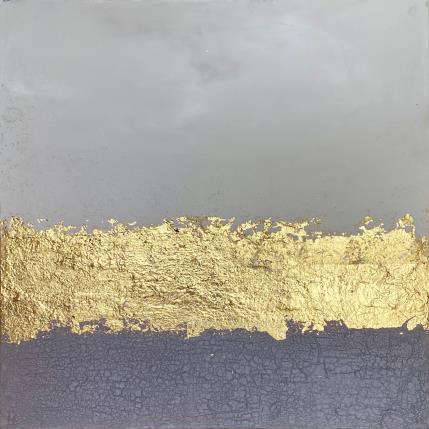
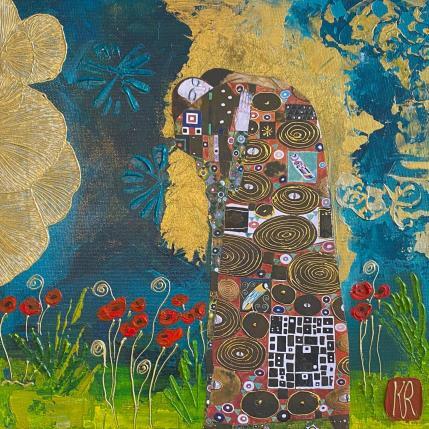

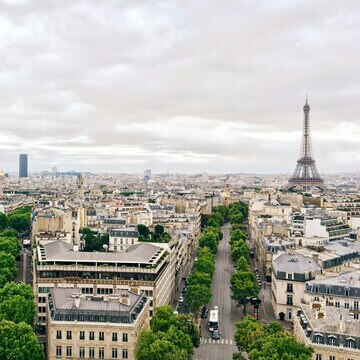
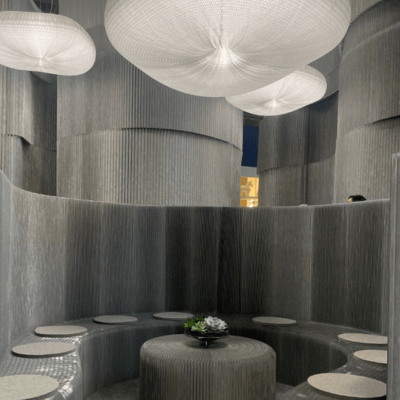
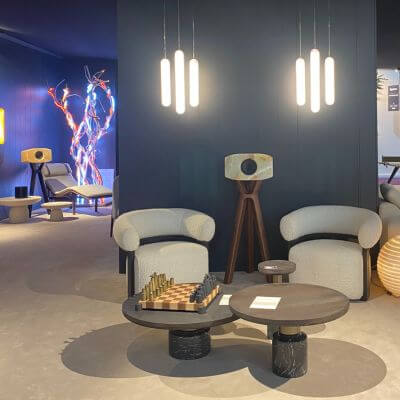
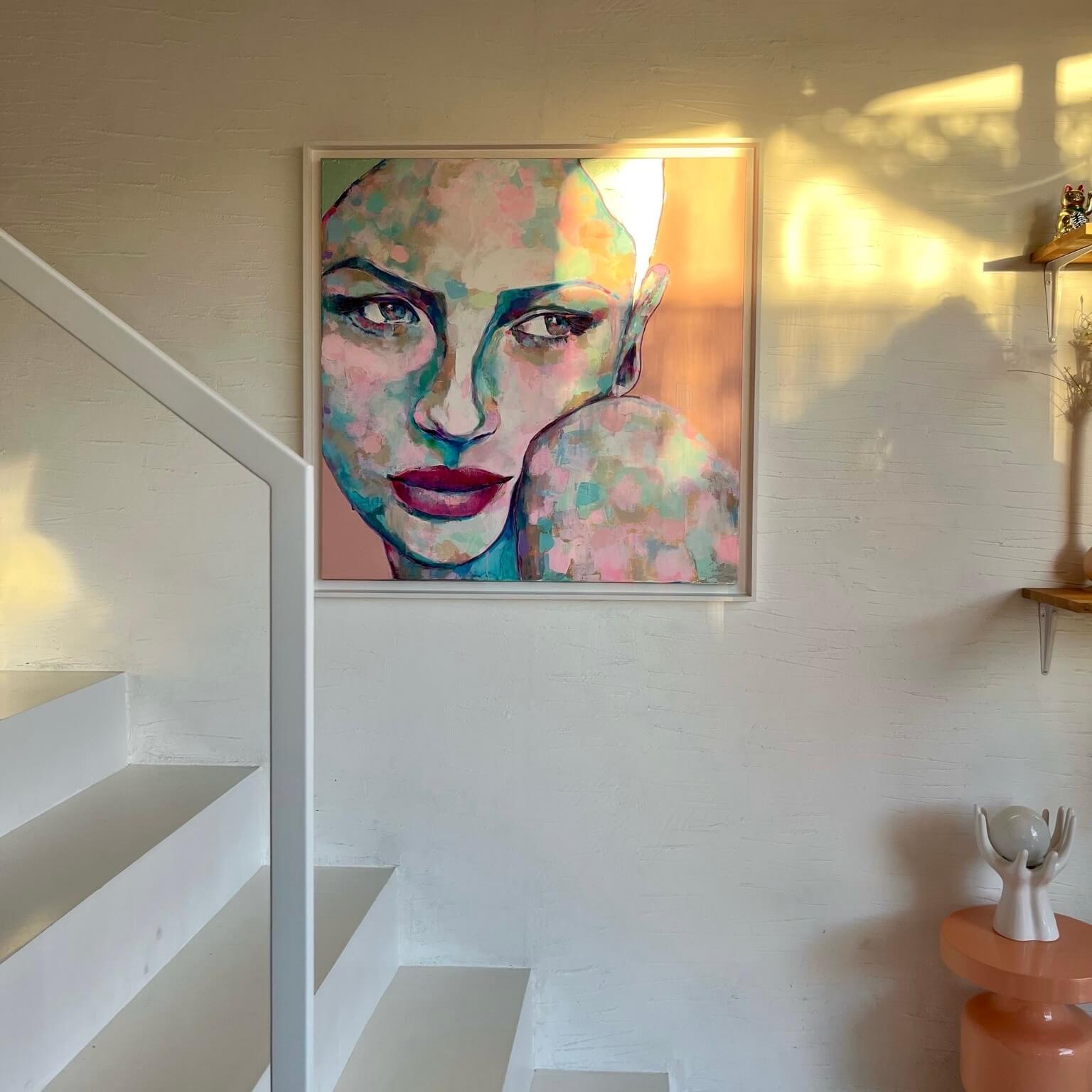
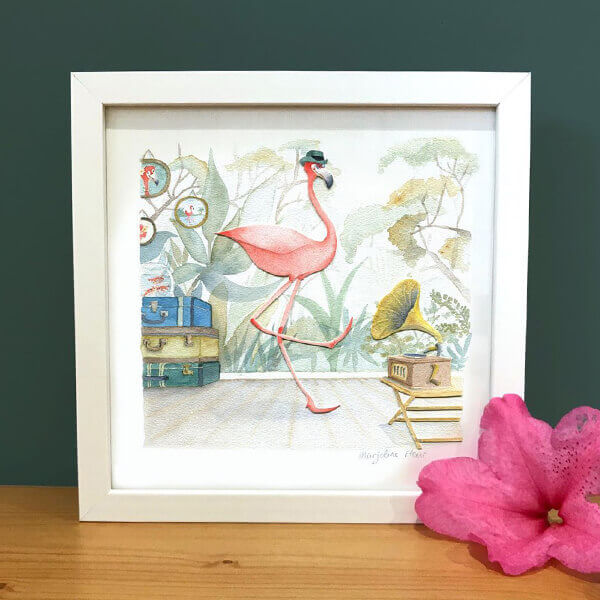
.png)
